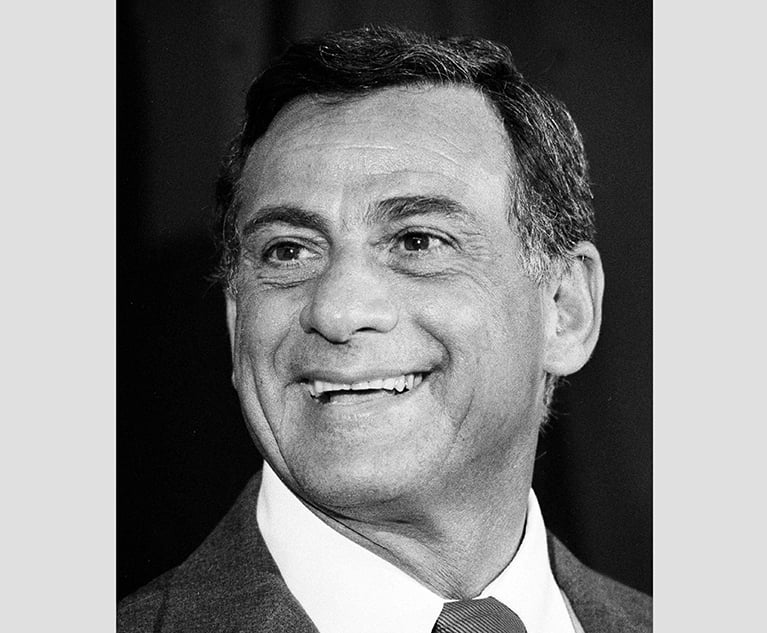In his article entitled “Revisiting the American Rule: Fee-Shifting Strategies for NY Litigators” (New York Law Journal, February 8, 2019), Robert S. Friedman argues that an offer of judgment under Rule 68 of the Federal Rules of Civil Procedure is a potent means for a defendant to limit its exposure in litigation. That is undoubtedly true, but Rule 68 does not sweep quite as broadly as Mr. Friedman suggests.
He states, “In Marek v. Chesney, 473 U.S. 1 (1985), the U.S. Supreme Court held that, while attorney fees are not recoverable as part of costs, where there is statutory fee-shifting, a Rule 68 offer of judgment can establish the baseline for a successful litigant otherwise entitled to legal fees.” Mr. Friedman goes on to contend that “a civil defendant can stop the clock on statutory attorney fees by making an offer of judgment early in a litigation.”


 Credit: David Smart/Shutterstock.com
Credit: David Smart/Shutterstock.com




